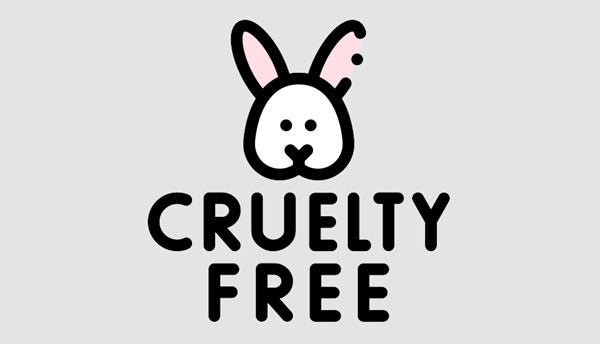
Animal Testing - The Ugly Side of the Beauty Industry
Share
The term “cruelty free” has become a well-known label for a product that does not use animals in the safety testing of its products. Organizations, such as PETA, Leaping Bunny Program, and Cruelty Free International have helped bring awareness to the plight of animals in laboratories around the world.
From a cosmetic manufacturing standpoint their voices have been heard and governments around the world are acting on this by restricting the use of animal testing in the manufacture of cosmetics. For example, the European Union (EU) in 2004 banned the use of animals in cosmetic safety testing along with products made in other countries that were tested using animals. In other words, a hair coloring or skin lotion developed today that used animals to test skin sensitivity in China or the United States for example, would be banned from sale in the EU. This sort of legislative action has helped provide a financial incentive to manufacturers to seek out alternative methods of safety testing their products.
Japan, India, and Israel have joined the EU by banning animal testing in cosmetics. Other countries have not yet signed on but are making progress. For example, in the United States California, Nevada, and Illinois have all passed statewide legislation in 2020 joining the global effort.
So, what is a cosmetic and how does that differ from drugs? The FDA defines a cosmetic as a product that is “intended to be rubbed, poured, sprinkled, or sprayed on, introduced into, or otherwise applied to the human body...for cleansing, beautifying, promoting attractiveness, or altering the appearance" [FD&C Act, sec. 201(i)]. Among the products included in this definition are skin moisturizers, perfumes, lipsticks, fingernail polishes, eye and facial makeup preparations, cleansing shampoos, permanent waves, hair colors, and deodorants, as well as any substance intended for use as a component of a cosmetic product. Drugs, including medical devices, and cosmetic products are all regulated by the FDA. Unlike drugs that encompass volumes of FDA legal guidance, cosmetics are regulated by only a handful of pages of the federal register.
Animal testing on cosmetic products has been around a long time; however, it is rapidly falling out of favor as alternative measures are created. We, at The Periogen Company, have never used animal testing in the manufacturing of our products.







